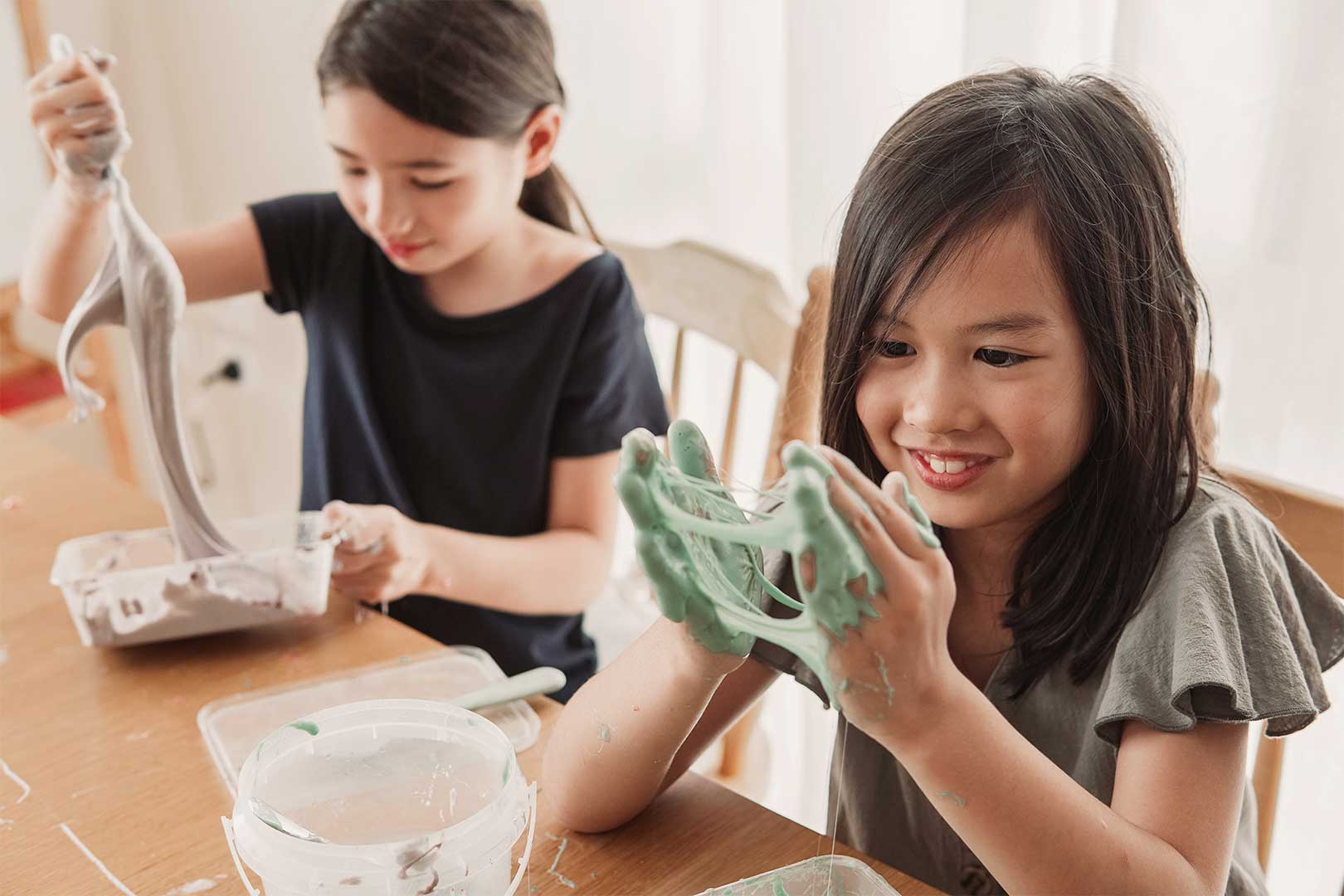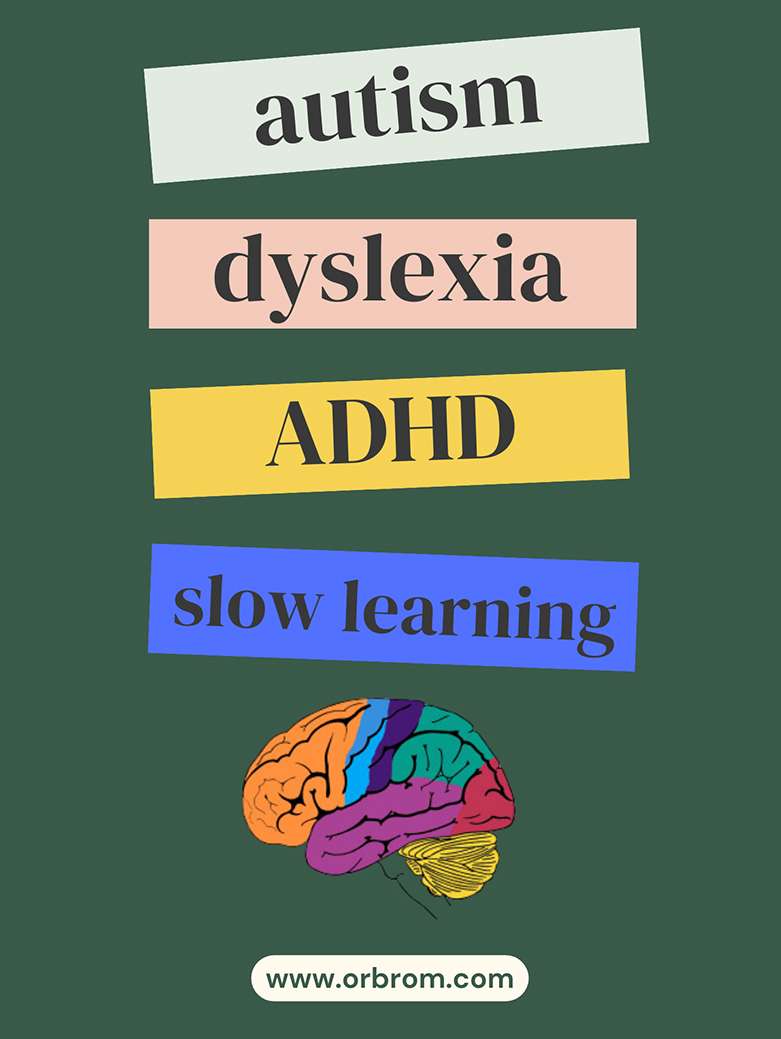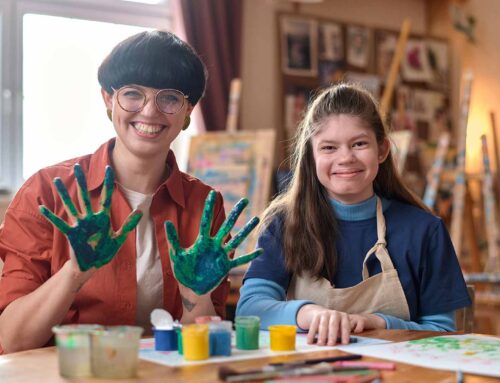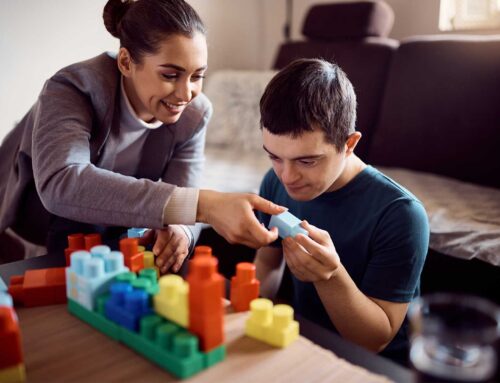Sensory play is a crucial part of a child’s development, offering a wealth of benefits and fostering a love for learning. This type of play engages all five senses – touch, sight, smell, hearing, and taste – providing rich learning experiences that stimulate brain development and shape cognitive skills.
Benefits of Sensory Play
- Cognitive Development: Sensory play helps children develop problem-solving skills, creativity, and critical thinking abilities. Exploring textures, experimenting with sounds, and discovering new smells stimulates neural pathways and enhances brain function.
- Language Development: Engaging in sensory activities encourages children to use descriptive words and communicate their experiences. As they explore different textures and materials, they build vocabulary and improve their ability to express themselves.
- Fine and Gross Motor Skills: Sensory play activities often involve manipulation and movement, promoting the development of fine and gross motor skills. Scooping sand, building with blocks, and squeezing play dough strengthen muscles, improve coordination, and refine hand-eye coordination.
- Social and Emotional Development: Sensory play can be a shared experience, fostering collaboration, communication, and social interaction. Playing alongside others allows children to learn empathy, negotiation, and turn-taking skills. Additionally, sensory activities can be calming and self-regulating, helping children manage stress and emotions.
Activities for Sensory Play
The possibilities for sensory play are endless! Here are some simple and engaging activities to get you started:
- Sensory Bins: Create a sensory bin filled with various materials like sand, water, beans, pasta, or shaving cream. Add toys, scoops, cups, and measuring spoons for open-ended exploration.
- Play Dough: This versatile material is perfect for squishing, rolling, shaping, and creating imaginative figures. Add essential oils or food coloring for additional sensory stimulation.
- Water Play: Bath time becomes an adventure with bubbles, sponges, colored water, and bath toys. Explore splashing, pouring, and floating to engage the tactile and visual senses.
- Music and Movement: Play different types of music and encourage children to move their bodies to the rhythm. Use scarves, ribbons, or streamers to add a visual element.
- Sensory Bottles: Fill empty bottles with various objects such as glitter, beads, buttons, or sequins. Add water or oil for a calming and mesmerizing experience.
- Nature Walks: Explore the natural world by feeling different textures like leaves, bark, and stones. Listen to the sounds of birds singing and wind rustling through the trees. Smell the flowers and taste seasonal fruits (with adult supervision).
Tips for Implementing Sensory Play
- Focus on the child’s interests: Choose activities that your child enjoys and tailor them to their individual needs and preferences.
- Provide safe and age-appropriate materials: Ensure materials are non-toxic and suitable for the child’s age and development stage.
- Supervise closely: Always supervise young children during sensory play activities.
- Follow the child’s lead: Allow the child to guide the play and explore freely.
- Make it fun and engaging: Create a positive and playful atmosphere to encourage exploration and curiosity.
Sensory play is a valuable tool for promoting child development in a fun and engaging way. By incorporating these activities into your daily routine, you can provide your child with opportunities to learn, explore, and grow. So, get creative, embrace the mess, and dive into the wonderful world of sensory play!
Services for Autism, ADHD, Dyslexia, Spelling Difficulty, social and slow learning, Down Syndrome, and Selective Mutism. OrbRom is the best option in Phnom Penh.
If you are concerned about your child’s development, Contact OrbRom Center for Assessments.
Phone/Telegram: 077.455.993
Telegram Link: https://t.me/OrbRom







